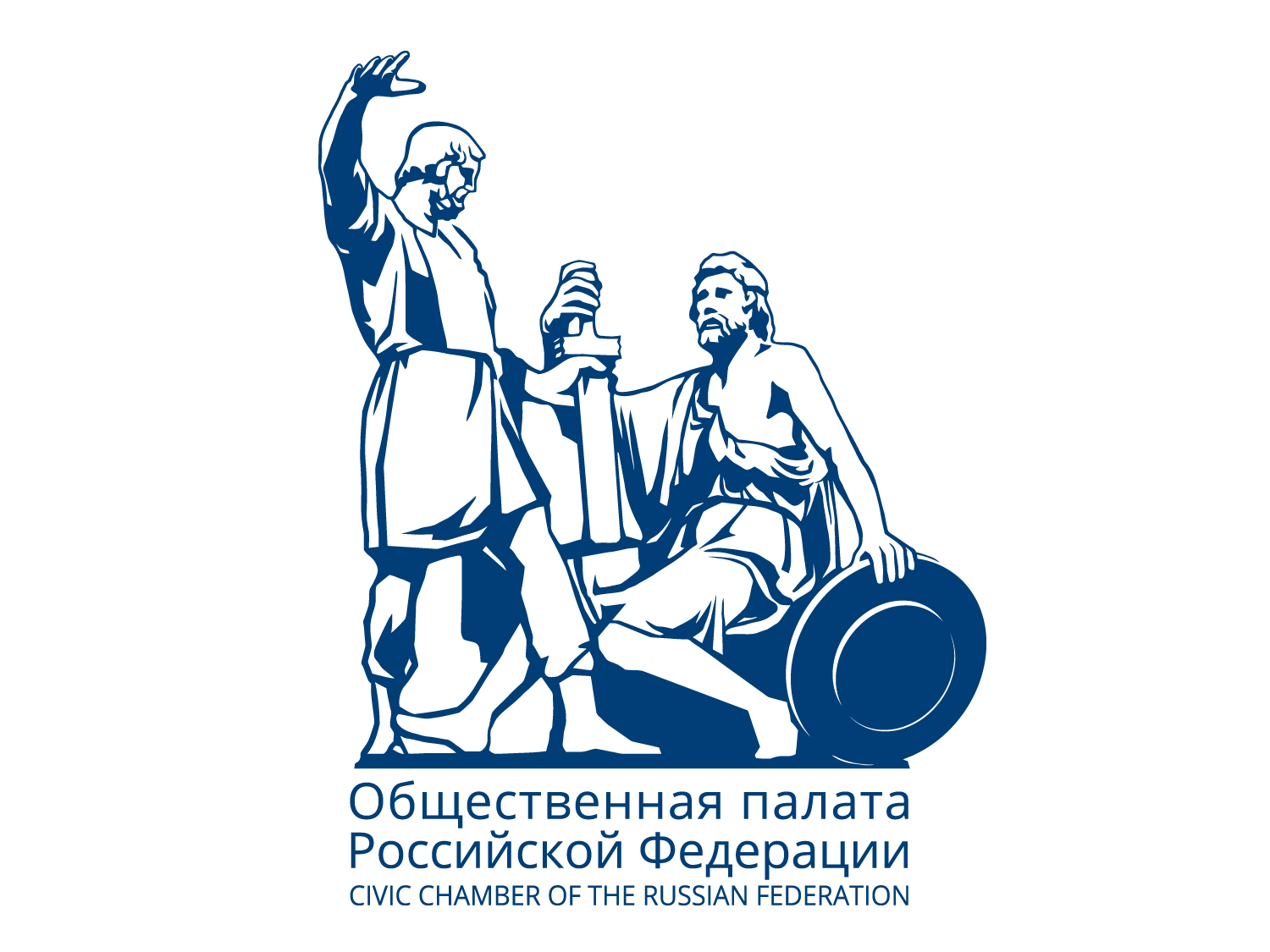
Matthias Platzeck
Matthias Platzek is the Chairman of the German-Russian Forum since 2014. He has been a member of the SPD since 1995 and was elected Prime Minister of Brandenburg in 2002−2013. In 2005−2006 he was also Chairman of the SPD. From 1998 to 2002 he served as Mayor of Potsdam, the capital of Brandenburg. In 1990−1998, he was Minister for the Environment and Regional Planning in Brandenburg. In 1990 he was a minister without portfolio in the transitional GDR government, then joined the Bundestag as a member of the People's Chamber of the GDR (Volkskammer) for the Green Party. In November 1989 he became a founding member and speaker of the Green League association, in 1990−1992 he was a member of the Landtag of Brandenburg for the Alliance 90. Matthias Platzeck studied biomedical cybernetics at the Ilmenau University of Technology in Thuringia and received an engineering degree. He was born in 1953 in Potsdam.
Truthful remembrance — a German responsibility
Like no other nation in Europe, Germany has been charged with the task of remembering its past. Today, the witnesses able to give an account from their own experience of the calamitous war that the German Reich initiated with its invasion of Poland on September 1, 1939 are becoming fewer. The task of remembering our own grim legacy is becoming more difficult. But at a time when the antagonism between East-West has taken on a new form on our continent, we must face this legacy in more earnest than ever — out of responsibility to our future.
The anniversary of the victory over fascism, which we celebrate for the 75th time this year, reminds us that we must not leave the millions of victims of the war of conquest and extermination, which Germany waged against the Soviet Union, in the shadow of memory. It should give us pause for thought when the long-standing Director of the German-Russian Museum Berlin-Karlshorst Peter Jahn, observes: "With the new confrontation between the Russian Federation and NATO since 2014, the willingness to acknowledge our own role as a perpetrator in the war against the Soviet Union seems to be declining. In the simplified view of the present day, 'the Russians' are the sole perpetrators — and thus, by inference also historically."
The Museum Berlin-Karlshorst keeps the memory of the crimes committed by the Germans against the peoples of the Soviet Union alive in the public consciousness — in a place steeped in history. It was in Karlshorst that the Wehrmacht signed the unconditional surrender on 8 May 1945. The dwindling empathy with the victims of German crimes, which the former museum director deplores, is deeply unsettling.
The anniversary of the victory over fascism, which we celebrate for the 75th time this year, reminds us that we must not leave the millions of victims of the war of conquest and extermination, which Germany waged against the Soviet Union, in the shadow of memory. It should give us pause for thought when the long-standing Director of the German-Russian Museum Berlin-Karlshorst Peter Jahn, observes: "With the new confrontation between the Russian Federation and NATO since 2014, the willingness to acknowledge our own role as a perpetrator in the war against the Soviet Union seems to be declining. In the simplified view of the present day, 'the Russians' are the sole perpetrators — and thus, by inference also historically."
The Museum Berlin-Karlshorst keeps the memory of the crimes committed by the Germans against the peoples of the Soviet Union alive in the public consciousness — in a place steeped in history. It was in Karlshorst that the Wehrmacht signed the unconditional surrender on 8 May 1945. The dwindling empathy with the victims of German crimes, which the former museum director deplores, is deeply unsettling.
At a time when peace on our continent can not be taken for granted, it should be the order of the day to remember the suffering that Germans brought upon the people of the Soviet Union, to show the victims the respect that we owe them, and to seek reconciliation
Historical sensibility and truthfulness can help to fill in trenches that are as deep today as they were during the Cold War.
Unfortunately, in the Europe of today we are experiencing rather the opposite. In September 2019, the European Parliament passed a resolution on the policy of remembrance. The resolution on the anniversary of the start of the war underlines the great importance of commemoration "for strengthening Europe’s resistance to current external threats" and notes that "World War II, the most devastating war in the history of Europe, was triggered by the infamous non-aggression treaty between the National Socialist German Reich and the Soviet Union of 23 August 1939, also known as the Molotov-Ribbentrop Pact, and its secret additional protocols."
The European Parliament has, with its resolution eighty years after the German attack on Poland, reinterpreted history. The parties to the non-aggression pact, i.e. Germany and the Soviet Union, are said to be equally responsible for the war. The contribution of the peoples of the Soviet Union to the liberation from Nazi tyranny, in which Russians, Ukrainians and Belarusians bore the main burden, is not appreciated for its importance.
If there is any one country which has an obligation to look the historical facts in the face, then it is Germany.
Unfortunately, in the Europe of today we are experiencing rather the opposite. In September 2019, the European Parliament passed a resolution on the policy of remembrance. The resolution on the anniversary of the start of the war underlines the great importance of commemoration "for strengthening Europe’s resistance to current external threats" and notes that "World War II, the most devastating war in the history of Europe, was triggered by the infamous non-aggression treaty between the National Socialist German Reich and the Soviet Union of 23 August 1939, also known as the Molotov-Ribbentrop Pact, and its secret additional protocols."
The European Parliament has, with its resolution eighty years after the German attack on Poland, reinterpreted history. The parties to the non-aggression pact, i.e. Germany and the Soviet Union, are said to be equally responsible for the war. The contribution of the peoples of the Soviet Union to the liberation from Nazi tyranny, in which Russians, Ukrainians and Belarusians bore the main burden, is not appreciated for its importance.
If there is any one country which has an obligation to look the historical facts in the face, then it is Germany.
We cannot stay indifferent today to the European Parliament’s revision of the German responsibility for its past
On the 40th anniversary of the end of the war, the President of Germany Richard von Weizsäcker reminded the Bundestag that anyone who closes their eyes to the past becomes "blind to the present" and "susceptible to new risks of infection".
Germany has left its catastrophic, ominous track in the history of the XX century. No one should try to rub it out
We should not underestimate the danger posed by the European Parliament’s remembrance policy volte-face. Not for Germany, where the right-wing conservatives have become stronger. Not for the European Union, where the 2019 elections have strengthened the right-wing populist and right-wing parties. And not for the European continent, which has become more insecure again in recent years.
Germany must take its peace policy responsibilities seriously. We cannot simply stand by and watch while the commemoration of the crimes of the past war is being instrumentalized in the current confrontation between Europe and Russia, and while rifts on the continent are growing even deeper.
One lesson from German history is that our country carries a responsibility for peace like no other.
Germany must take its peace policy responsibilities seriously. We cannot simply stand by and watch while the commemoration of the crimes of the past war is being instrumentalized in the current confrontation between Europe and Russia, and while rifts on the continent are growing even deeper.
One lesson from German history is that our country carries a responsibility for peace like no other.
We must understand remembrance specifically as the task of seeking understanding and harmony in order to preserve peace in Europe
That is why I hope, that regardless of today’s political dissonances, we Germans will celebrate the end of the Second World War together with Russia more than ever before, in order to set an example for a peaceful future in Europe through truthful remembrance.
On the use of information
All materials on this website are available under license from Creative Commons Attribution 4.0 International and may be reproduced for non-commercial purposes, provided the source is acknowledged.
Demonstration of Nazi and fascist paraphernalia or symbols on this resource is related only to the description of the historical context of the events of the 1930−1940s, is not its propaganda and does not justify the crimes of fascist Germany.
All materials on this website are available under license from Creative Commons Attribution 4.0 International and may be reproduced for non-commercial purposes, provided the source is acknowledged.
Demonstration of Nazi and fascist paraphernalia or symbols on this resource is related only to the description of the historical context of the events of the 1930−1940s, is not its propaganda and does not justify the crimes of fascist Germany.
This is a project of the Civic Chamber of the Russian Federation and the Institute of Foreign Policy Research and Initiatives


